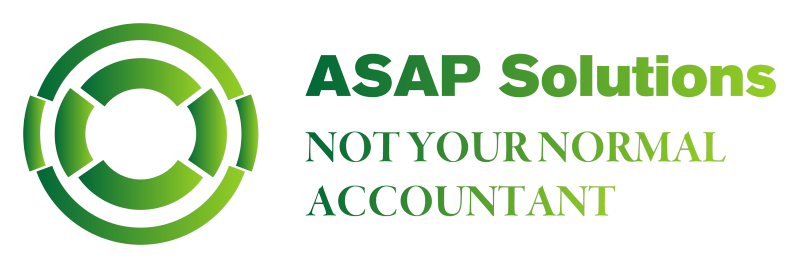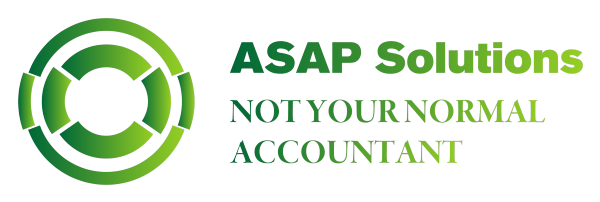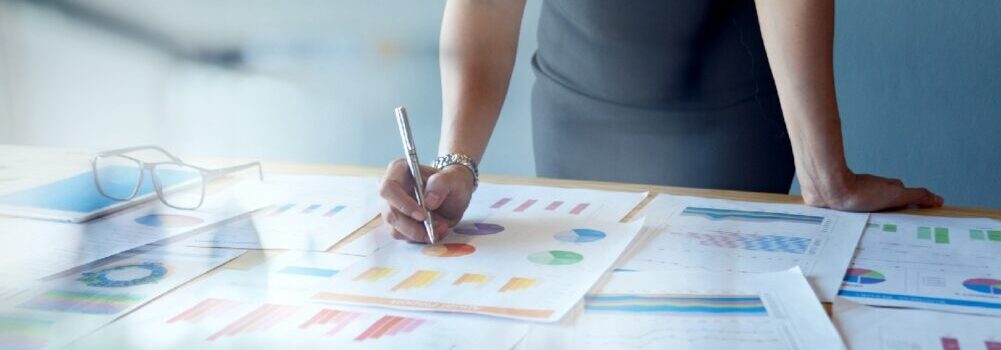There is never the wrong time to take steps to get your tax affairs in order, and plan how to maximise your return! Here are my tips for a happy tax time:
Check your paperwork
Take some time out to gather together all the information you will need to help you prepare your tax returns, including invoices and receipts for work-related expenses and any bank/credit card statements that contain items of work-related expenses that you no longer have (or never had) receipts or invoices for.
If you’re not sure if it’s claimable, collect together the receipt or invoice anyway and discuss it with your tax agent. If you don’t have the paperwork, you can’t claim a deduction so it makes sense to set aside this time in advance of the end of the financial year to spare yourself a stressful document hunt whilst you’re actually in the process of getting your return prepared!
In addition, if you’re claiming any expenses that have a work-related element and a private element (such as for the use of a personal mobile phone) set some time aside to work out what a reasonable apportionment is for the work-related bit.
Get your deductions right
With the increasing requirement to self-isolate to stop the spread of the coronavirus, millions of Australians are now working from home for the foreseeable future. This means that the tax deductions we normally claim will change.
Certainly, for the final four months of the year, there are likely to be significantly lower claims for expenses such as work-related travel, accommodation and clothing. Similarly, with fewer opportunities to attend courses, there may also be a drop in self-education and professional development expenses.
Conversely, working from home claims are likely to increase significantly as business owners and their employees are forced to self-isolate.
What can I claim if I work from home?
You can claim for the work-related proportions of household costs such as:
• Heating, cooling and lighting bills
• Costs of cleaning your home working area (including cleaning products or payment for a domestic cleaner if required)
• Depreciation of home office furniture and fittings
• Depreciation of office equipment and computers
• Costs of repairing home office equipment, furniture and furnishings
• Small capital items such as furniture and computer equipment costing less than $300 can be written off in full immediately (they don’t need to be depreciated)
• Computer consumables (like printer ink) and stationery
• Phone (mobile and/or landline) and internet expenses
Ideally, you should have a specific room set aside as a home office. If you are using a room with a dual purpose (e.g. dining room), or a room shared with others (e.g. lounge room) you can only claim the expenses for the hours you had exclusive use of the area.
How do I make a claim?
The ATO has introduced a temporary “shortcut method” of calculating additional running expenses allowing those working from home to claim a rate of 80 cents per work hour during the coronavirus crisis.
You will need to keep a record of the number of hours you have worked from home as a result of COVID-19.
If you use the 80 cents per hour method, you can make no other claims in relation to working from home. So, items like mobile phone and internet usage are included in the 80 cent rate.
Alternatively, you can claim the ATO’s existing flat-rate allowance for working from home of 52 cents per hour. This covers the extra costs of heating, cooling, lighting and the decline in value of the furniture. All you need to do to claim this is to keep a diary – note the time you start work each day, the time you finish work each day and any breaks. You can then claim 52 cents per hour for each working hour.
In addition, (and this is what makes this rate different to the temporary 80 cent rate) you can also make separate claims for the work-related proportion of items such as your home internet, mobile phone costs and other expenses that directly relate to your work such as stationery and printer ink.
A further option is to claim the actual costs you’ve incurred. You’ll still need to keep a diary of your work from home hours and you’ll also need to work out the amount of your home (by floor area) that you’re using as your workspace. From this, you can then work out the work-related proportion of your household expenses and apply this percentage to the actual amount you spend on electricity, gas, water, phone and internet, etc. You’ll also need to keep all the original bills to prove your claim.
This generally produces a bigger claim than either of the flat-rate methods but the amount of paperwork and calculation involved is much greater. You should use a tax agent to help with your claim if you intend to use this method.
What else can I claim?
Claim tools and equipment
You might use a variety of tools or equipment in your job and the rule is that if you’ve paid for them and you use them as part of your job or business, you can claim them as a deduction against your tax.
Exactly how you do that depends on whether you run your own business or work for someone else.
Just remember to only claim the work or business use part of the cost. If you use the item for private use, you’ll need to apportion the cost.
Do some last-minute planning
Some additional tax deductions inculde:
- If you have any professional subscriptions or union fees due, pay by 30 June and you can claim the deduction for the whole amount this year.
- Charitable donations are tax-deductible – anything over $2, with a receipt, paid to a charity registered as a deductible gift recipient (which covers most major charities) will be deductible.
- If you have some spare cash, look at making a personal contribution into your super fund. Provided the total amount of your contributions (including the contributions made on your behalf by your employer) does not exceed $25,000, this can be a great way to boost your retirement savings and claim a tax deduction for the personal contribution. The payment must be made by June 30th and you need to advise your super fund that you’ve made the payment by the time you lodge your return (your super fund or accountant can give you guidance on how to complete the form and there’s a standard form on the ATO website here).
Finally…
Two tips for making your taxes easy:
- Keep good records, including invoices and receipts. It makes completing your tax return easier and ensures you can claim for everything you’re entitled to.
- Consider using a tax professional like ASAP Solutions. Tax is complicated and a tax professional can ensure you get it right.
Source: Yahoo Finance



